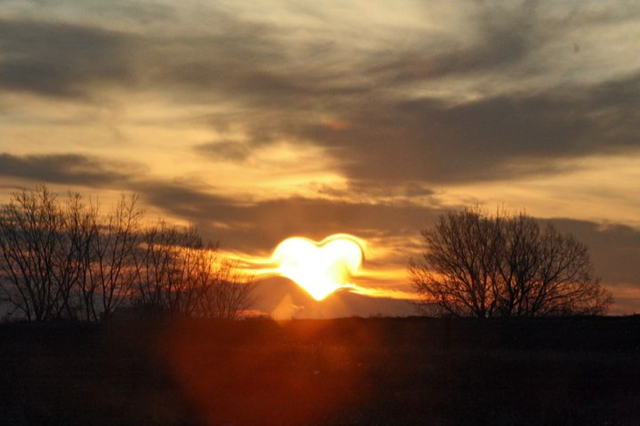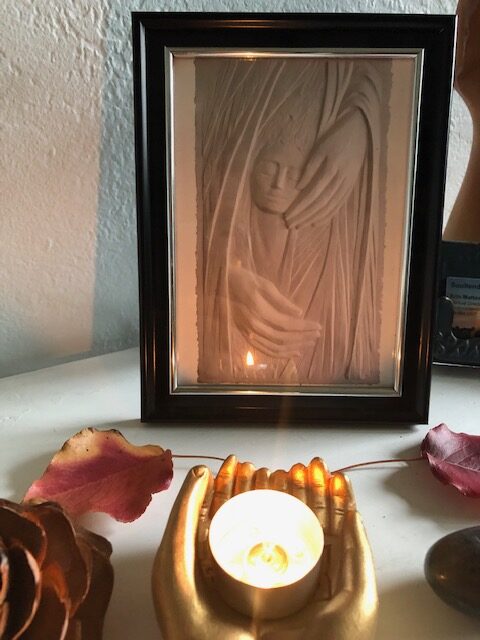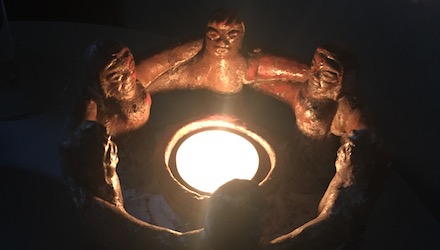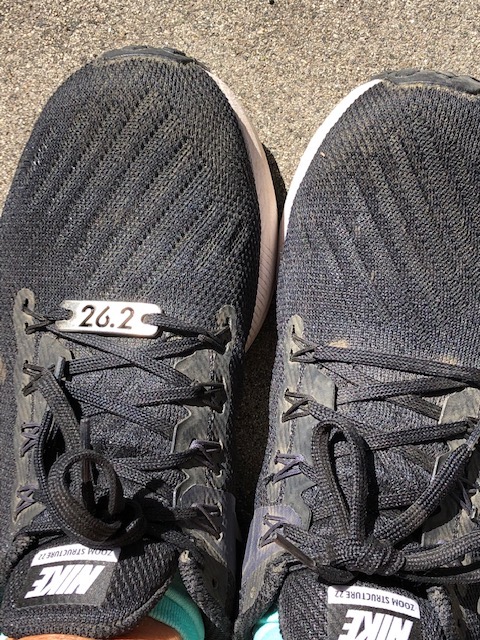
Lately I’ve been in conversations about currents moving in and across us as people these days. One current very alive, whether sitting quiet and hidden, or flowing freely, is grief. We are a grieving people. I’m not just talking about the huge literal loss of life due to Covid-19. Start and move out from there to see the expansive landscape of individual and collective loss across communities this past year. I’ll share some that’s come into my awareness over time. Though this is far from an exhaustive list. And it may not be anything like your list. There is layer upon layer of intimate and communal loss among us.

We’ve lost persons to Covid. We’ve lost the routines most of us held in daily life. Actually, we’ve lost entirely, “the life we were living”. We’ve lost the ability to connect with friends and family in the ways we were use to and cherished. Some of us have lost whole business’, jobs, or the ability to do a job like we use to do it. Many have lost various degrees of innocence or ignorance regarding divides across race and politics. Some are grieving a loss or the sense of losing power. Many are grieving, (even as we know it’s an illusion), some semblance of feeling we know “what’s coming next”. Many are grieving not being able to provide food or shelter, other basic necessities for their families, in general, and then particularly due to the pandemic. Teachers, students, families of students, others in education – whether meeting on line or in person – are grieving the loss of doing education in ways they feel best serves students. Then unpack all the losses within that loss depending on your geography or context for education. We are grieving the loss of all kinds of rituals we enjoy in particular ways in this pandemic : the celebration of birthdays or anniversaries, weddings, graduations and retirements, going to gatherings of faith communities or other groups we belong to, sporting events, music events or dance events. Keep going with your own events, celebrations or milestones. We also need to name that for persons of color, there remain too many inequities that have only been further exposed and deepened with the pandemic. And so, the sense of loss and grief in those communities has deepened.

We know not all grief and loss is bad. Some varieties stretch and grow us, invite us to imagination and creativity in ways that can carry us into more of who we can be. Some can lead to further transformation of institutions, social or power structures. These are powerful truths and great opportunities from loss that need to be sifted out, discovered, embraced. Yet before we get to that part, we must first acknowledge our losses, lest grief quietly rise like a subtle tide, catch us off guard and leave us drowning in it. We must acknowledge grief across communities, lest whole peoples drown in it. So, I want to know. How you are bearing witness to your grief and the grief of others? When yours shows bits of itself to you are you showing up for it? Are you listening to your body and allowing yourself to feel when something seems it is coming up in your throat, aching in your heart, or hurting in your gut? Is your head holding your body prisoner with denial or rationalization, or are you giving heart permission to gently take charge, allow your body to weep or wail, passionately sing or dance, drum, write, or be silent to soothe what needs to be seen or heard? Are you listening to your life and the lives of those around you, leaning in to what you recognize as loss and sorrow, letting sacredness speak from within and beyond to guide you into how to let loss have some time and attention? And when you can’t hold grief alone any longer, are you letting it spill over into the trusted arms of communities you value? Are you seeking out the persons and communities you know would gladly bear witness, be a quiet container, a presence of love for you? Those seasoned souls who have learned the wise Cherokee wisdom, “if you know not what to say, say nothing.” Those who no longer try to “fix it” because they have learned grief cannot be fixed and doesn’t work on a fixed time table. That have learned how to give the gift of quiet lavish love to persons or whole communities around you needing us all to show up, listen, and simply love.

Rev. Michael-Ray Matthews, as part of a recent panel on grief for Valarie Kaur and Revolutionary Love’s “Peoples Inauguration” event, sang a song based on a writing by Rumi which repeated several times, “Close the language door. Open the love window. Close the language door. Open the love window.” Rev. Traci Blackman, Associate General Minister of Justice & Local Church Ministries at United Church of Christ, part of that same panel reflected, “you need to receive grief, to let it wash over you and express its self. It is often a rude and obnoxious guest, but you have no choice but to receive it and let it flow through you … I once heard the definition of grief as ‘“all the love that has no place to go.”’ Najeeb Syeed, another panel member, spoke about marches and protests not simply as places of social action, but places where persons can express their grief in community, letting it flow freely through tears, and people singing. Rev. Blackman shared a powerful story of women gathering in silence to the sound of drums beating as part of the protests and gatherings in Furguson, Missouri after the killing of Michael Brown. The women kept gathering, the drum beating, and then they started crying, simply being present to one another and the drum. How are we showing up for our own grief, and the grief of others with less empty words, and more still, loving presence?

Over several months now, I often find myself surprised at when grief shows itself. I may be running in the neighborhood, see something to remind me of family back east, an awareness rises that I haven’t seen them in over a year, and tears comes. I’m sitting in front of the TV watching stories of hunger, or on facebook seeing health care workers expressing weariness, or I’m watching political and racial protests across the country and start recognizing countless intersections between the loss of dignity and respect, and the grief that comes from inequity and the countless ways that plays out in real lives. I’m watching a movie and some character is expressing grief, crying or shouting, and all of a sudden I realize they are crying and shouting for me. Their grief is inviting mine to come as it senses some level of vulnerability present and providing a portal. What do we do when grief organically shows up like this. Because it will. Are we willing to honor it, welcome it? Or do we dismiss or suppress it and stuff it back down? When we find ourselves on the phone or with another or whole groups getting in touch with their grief, courageously allowing it to flow forth, do we quietly open like a container of love, or do we change the subject, “griefsplain” it, or walk away? Activist and Lawyer, Valarie Kaur says, “You don’t have to know people to grieve with them. You grieve with them, to get to know them.” It’s in first showing up for our own grief and the grief of others, that we can then deepen our understanding of all that we are grieving. Deepen our sense of community – with ourselves and with others. And eventually, then, deepen a capacity for addressing some of our grief in ways that bring about needed change. In this way, grieving becomes an important sacred practice. Both for our own cleansing, healing and transformation, and for the cleansing, healing and transformation of our country and world. May we dare to practice well.
Give yourself a minute now to stop, name, and be with your grieving places. Which ones are most painful right now? It’s ok to shed a tear, let out a scream, weep, or simply bear silent witness to them. Ancient Love is deep within and beyond you holding you. Take a few slow, deep breaths in and see if you can feel its presence. If not, that’s ok. Trust it is with you, just as the sun is sometimes hidden by the clouds. Consider daring to call on 1-2 trusted persons in the week ahead to bear witness to your grief. Let them be present with you in ways you name would be meaningful. Whose grief might you bear witness to?